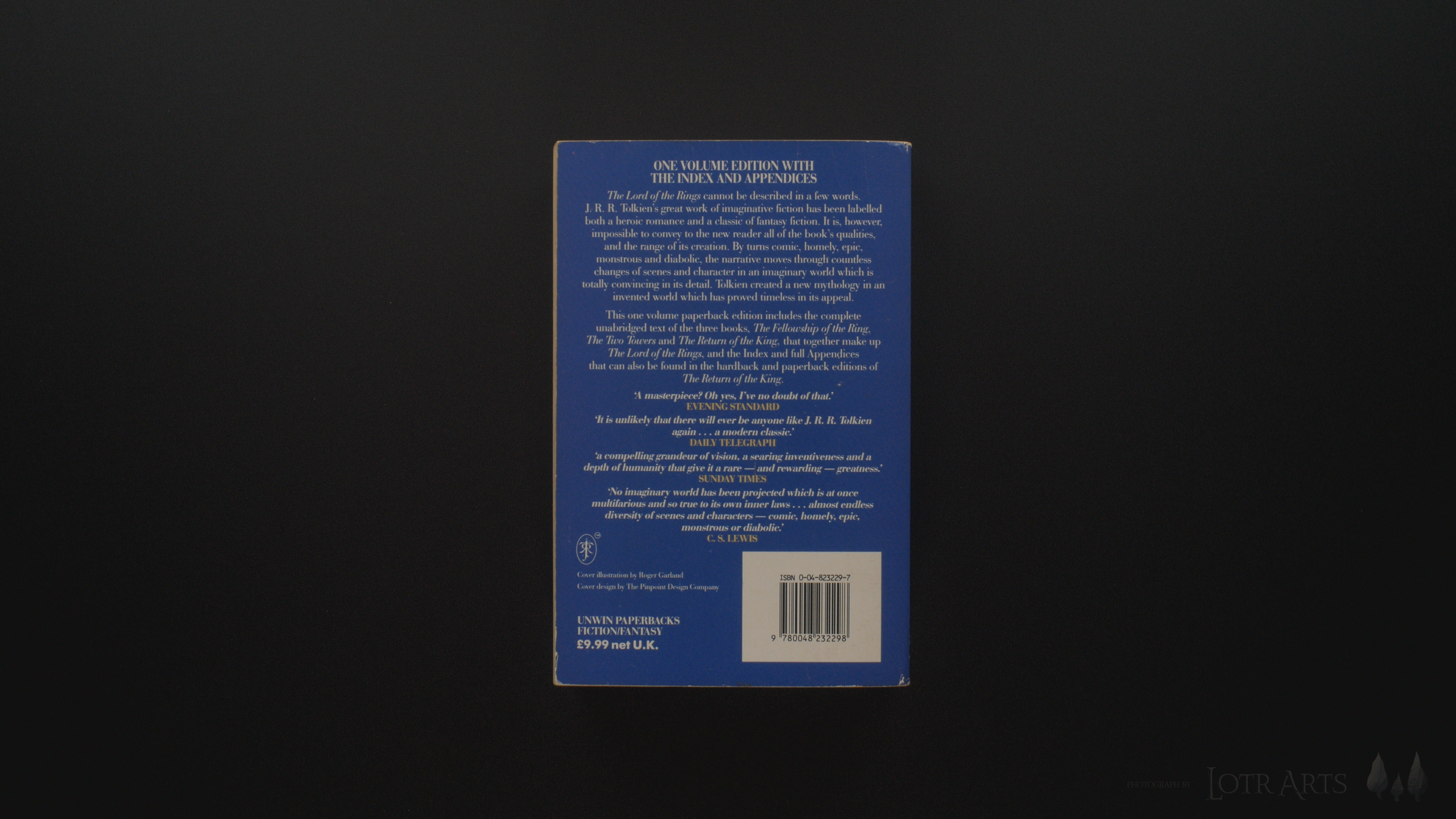Have you ever found yourself pondering the unlikely connection between the fantastical world of Middle-earth and the dystopian reality of Oceania? While on the surface, J.R.R. Tolkien’s Lord of the Rings and George Orwell’s 1984 appear to be worlds apart, a closer look reveals surprising and powerful parallels that offer a unique lens through which to examine our own world.

Image: tolkiengateway.net
Both novels, despite their vastly different settings and tones, grapple with core themes of power, control, and the individual’s struggle against oppressive forces. They invite us to think critically about the nature of truth, the manipulation of language, and the importance of individual freedom in the face of seemingly overwhelming odds.
The Tyrant’s Grip: Power and Control in Both Worlds
At the heart of both Lord of the Rings and 1984 lies the struggle against authoritarian rule. In Tolkien’s epic, Sauron, the Dark Lord, seeks to control all of Middle-earth through the One Ring, a powerful artifact symbolizing absolute power. Sauron utilizes fear and brute force to maintain his control, extinguishing individual freedom and stifling creativity.
Similarly, in Orwell’s dystopian vision, the Party, led by the omnipresent Big Brother, holds absolute power over Oceania. Through constant surveillance, propaganda, and the manipulation of language (Newspeak) the Party erases individuality and forces its citizens into unquestioning obedience. Both Sauron and the Party demonstrate the chilling effects of totalitarian regimes and the dangers of unchecked power.
The Echoes of Resistance
Despite the oppressive forces that they face, both Lord of the Rings and 1984 present compelling narratives of resistance. In Tolkien’s world, a fellowship of hobbits, elves, dwarves, and men unite to oppose Sauron’s tyranny, embarking on a dangerous journey to destroy the One Ring, a symbol of his power. Their journey highlights the importance of courage, unity, and the inherent desire for freedom that resides within the human spirit.
In contrast, Winston Smith, the protagonist of 1984, embodies the struggle against an oppressive system that attempts to erase all individuality. He yearns for freedom of thought and expression, resisting the Party’s relentless efforts to control his mind and emotions. While Winston’s rebellion ultimately fails, his story serves as a stark reminder of the human spirit’s yearning for autonomy and the importance of fighting for one’s beliefs, even when faced with overwhelming odds.
The Power of Words: Language as a Weapon and a Shield
Both authors recognize the significance of language as a tool for both oppression and liberation. In 1984, Orwell illustrates how language can be twisted and manipulated to serve political ends. The Party’s invention of Newspeak, with its limited vocabulary and controlled meanings, aims to restrict thought and prevent dissent. Newspeak is a powerful tool of suppression, meant to silence any dissent or critical thinking.
In Lord of the Rings, Tolkien employs a rich and evocative language that transcends the boundaries of time and place. His words paint vivid pictures of Middle-earth, stirring our imaginations and transporting us to a world of mythical creatures, ancient forests, and epic battles. The power of Tolkien’s language lies in its ability to inspire hope, courage, and a sense of wonder in the face of darkness.

Image: www.lotrarts.com
Exploring the Unexpected Connections: A Deeper Look
Beyond the obvious parallels between themes of power, control, and resistance, other intriguing connections emerge when comparing Lord of the Rings and 1984. For instance, the concept of propaganda is present in both novels. In 1984, the Party uses its control over media and information to propagate its ideology and maintain its grip on power. In Lord of the Rings, Sauron employs rumors and misinformation to sow fear and discord among his enemies, manipulating their perceptions to weaken their resolve.
The manipulation of history also serves as a tool of control in both novels. In 1984, the Party constantly alters history to support its narrative, erasing any evidence of past events that contradict its ideology. In Lord of the Rings, the history of Middle-earth is shrouded in myth and legend, often manipulated by those in power to serve their own agendas. By blurring the lines between fact and fiction, both authors highlight the dangers of historical revisionism and the importance of critical thinking in discerning truth from falsehood.
Reading Lord Of The Rings And 1984
The Power of Storytelling: A Call To Action
Both Lord of the Rings and 1984 are powerful narratives that transcend their respective genres. Through vivid imagery, compelling characters, and profound themes, they invite us to engage in critical dialogue about the dangers of unchecked power, the importance of individual freedom, and the enduring power of the human spirit. By exploring these common threads, we gain a deeper understanding of both texts, and more importantly, a clearer perspective on our own world.
These novels serve as stark reminders that the struggles for freedom and justice are ongoing battles, fought not only on grand battlefields but also in the quiet corners of our daily lives. They inspire us to be vigilant against the forces that seek to control our minds and spirits, and to embrace the power of our own voices in shaping a world where individual freedom and truth prevail.
Reading Lord of the Rings and 1984 together offers a unique and rewarding literary experience, one that encourages reflection and critical thinking. It reminds us of the importance of fighting for what we believe in, even in the face of seemingly insurmountable odds. So, as you delve into these classic works, consider the unexpected parallels that lie hidden beneath the surface, and ponder their implications for our own world.






